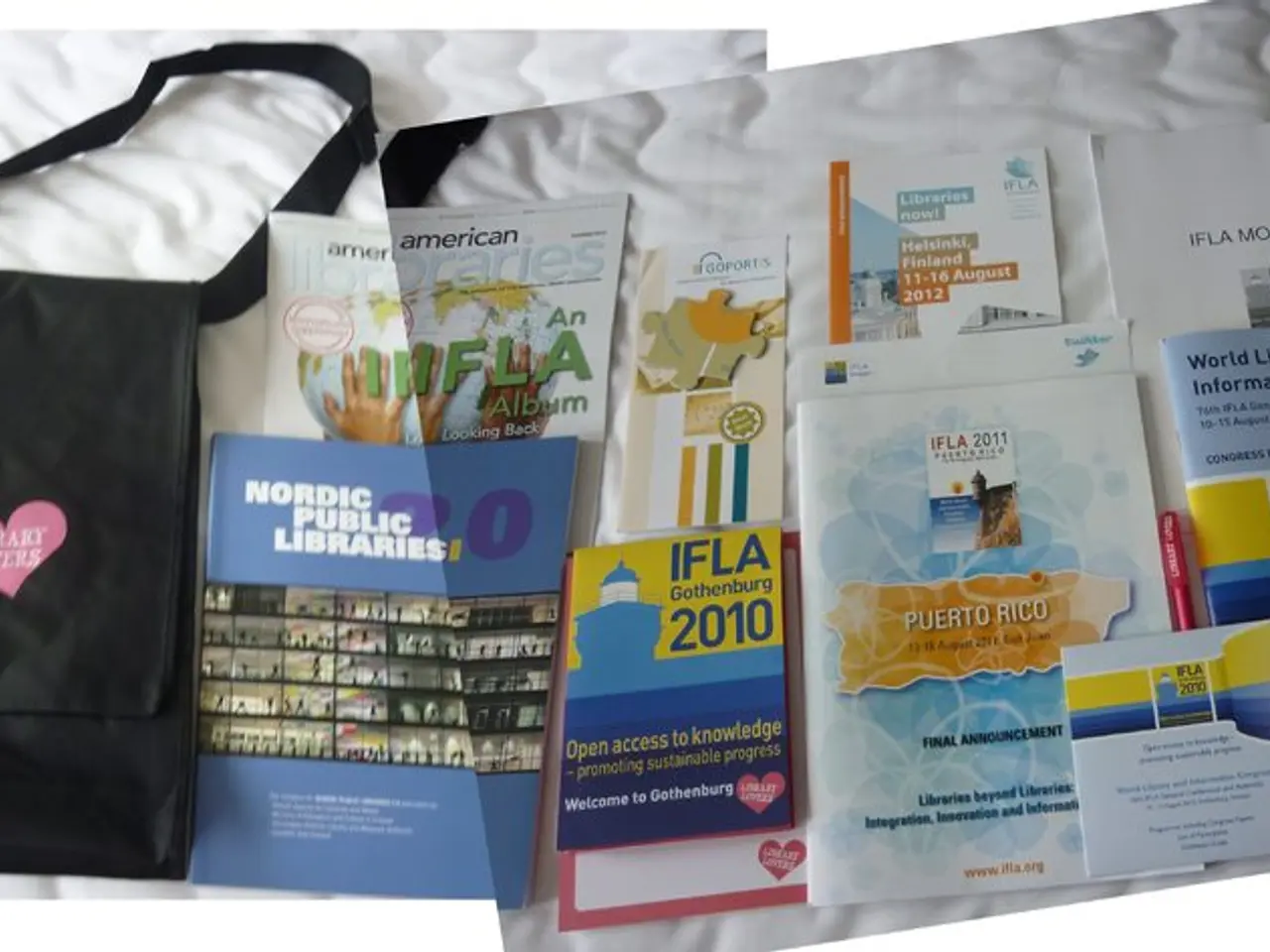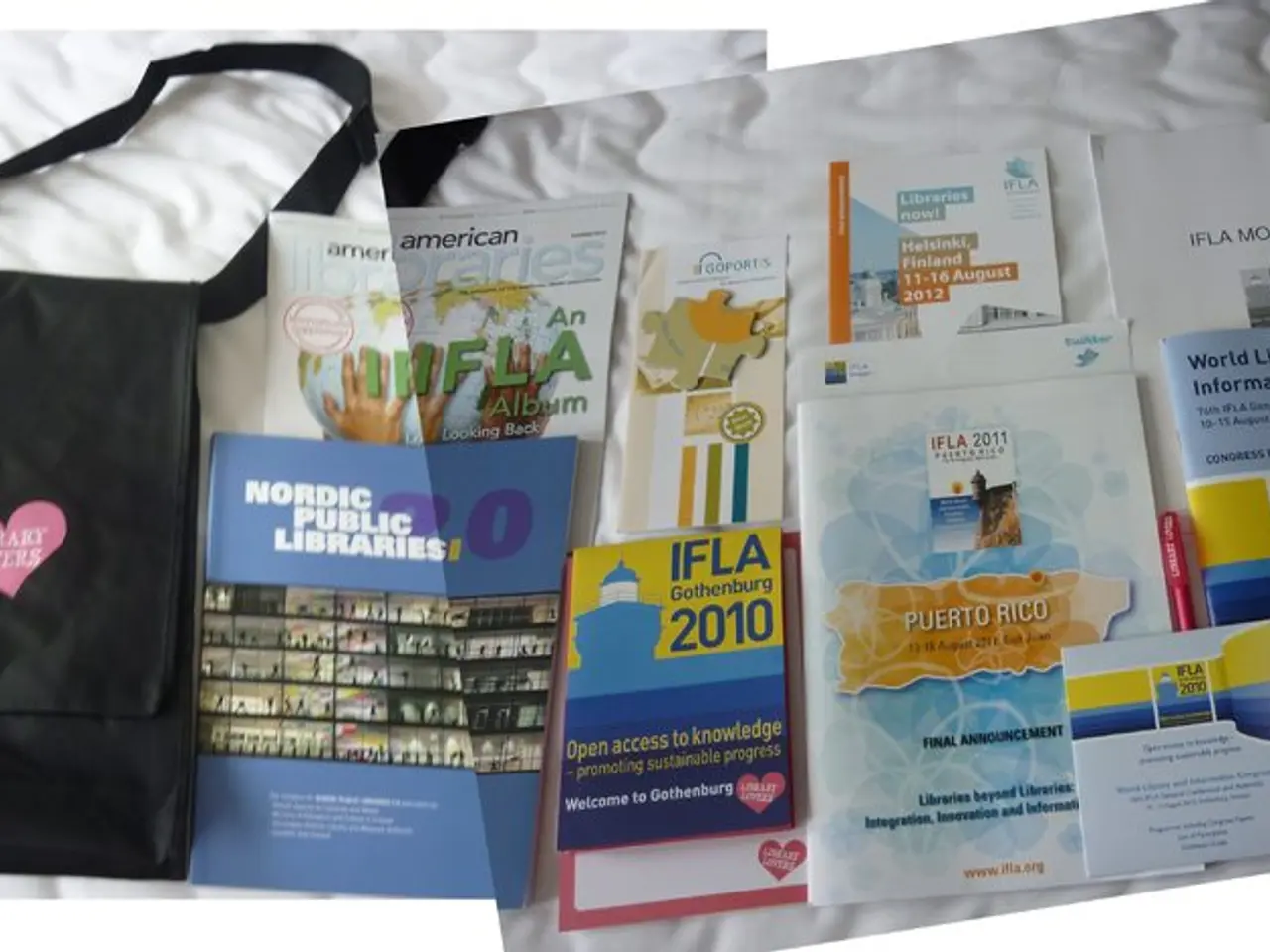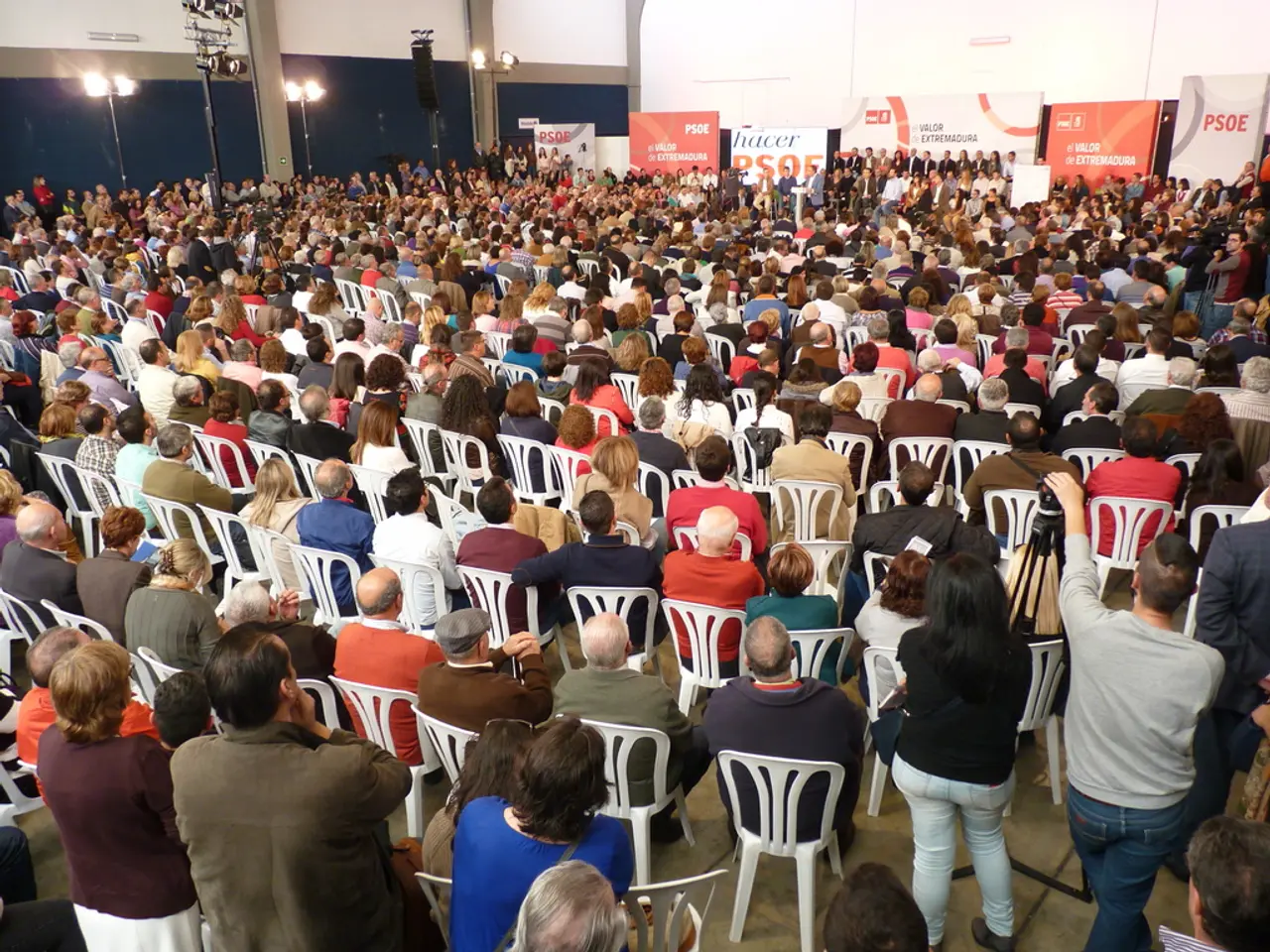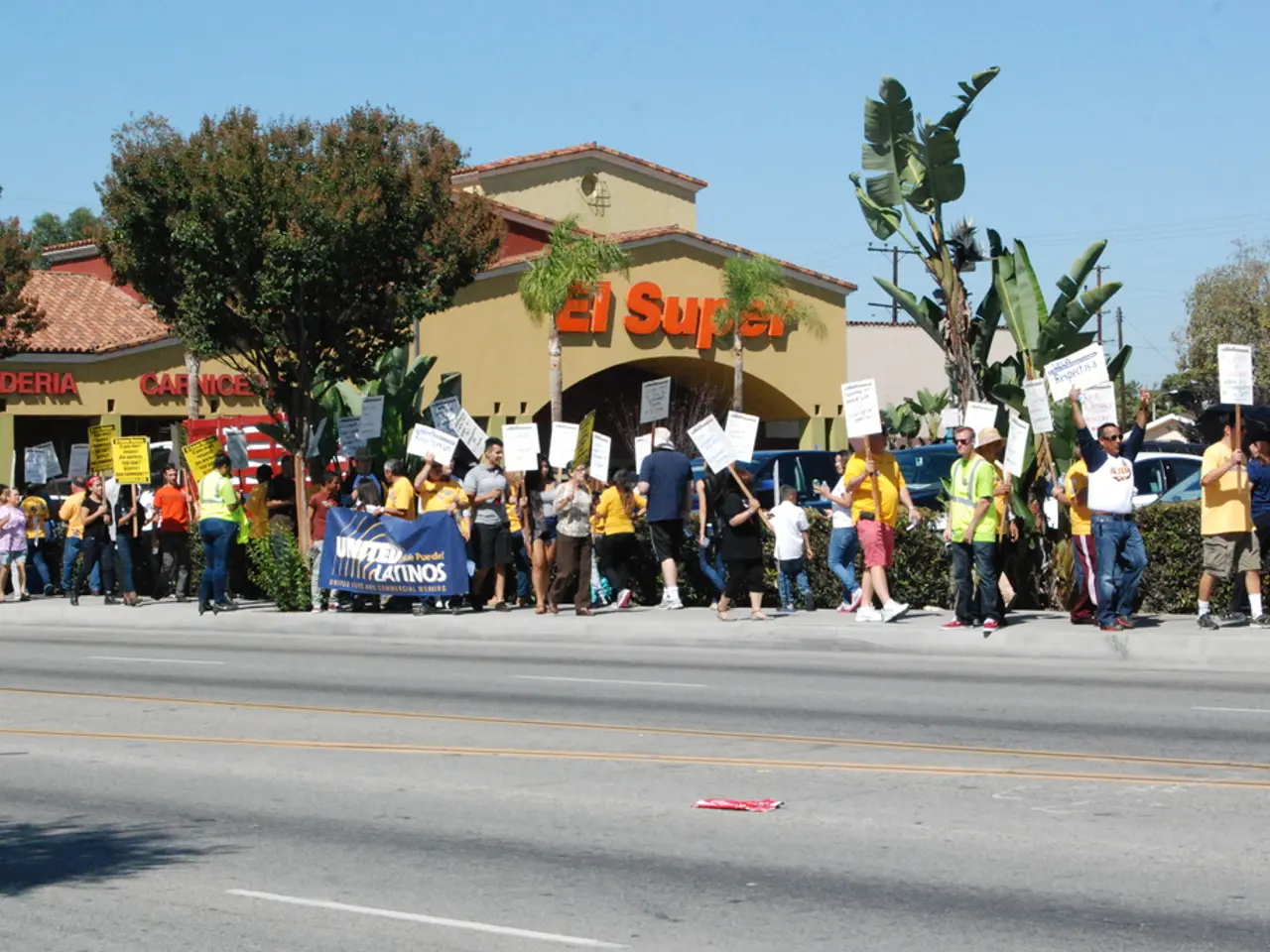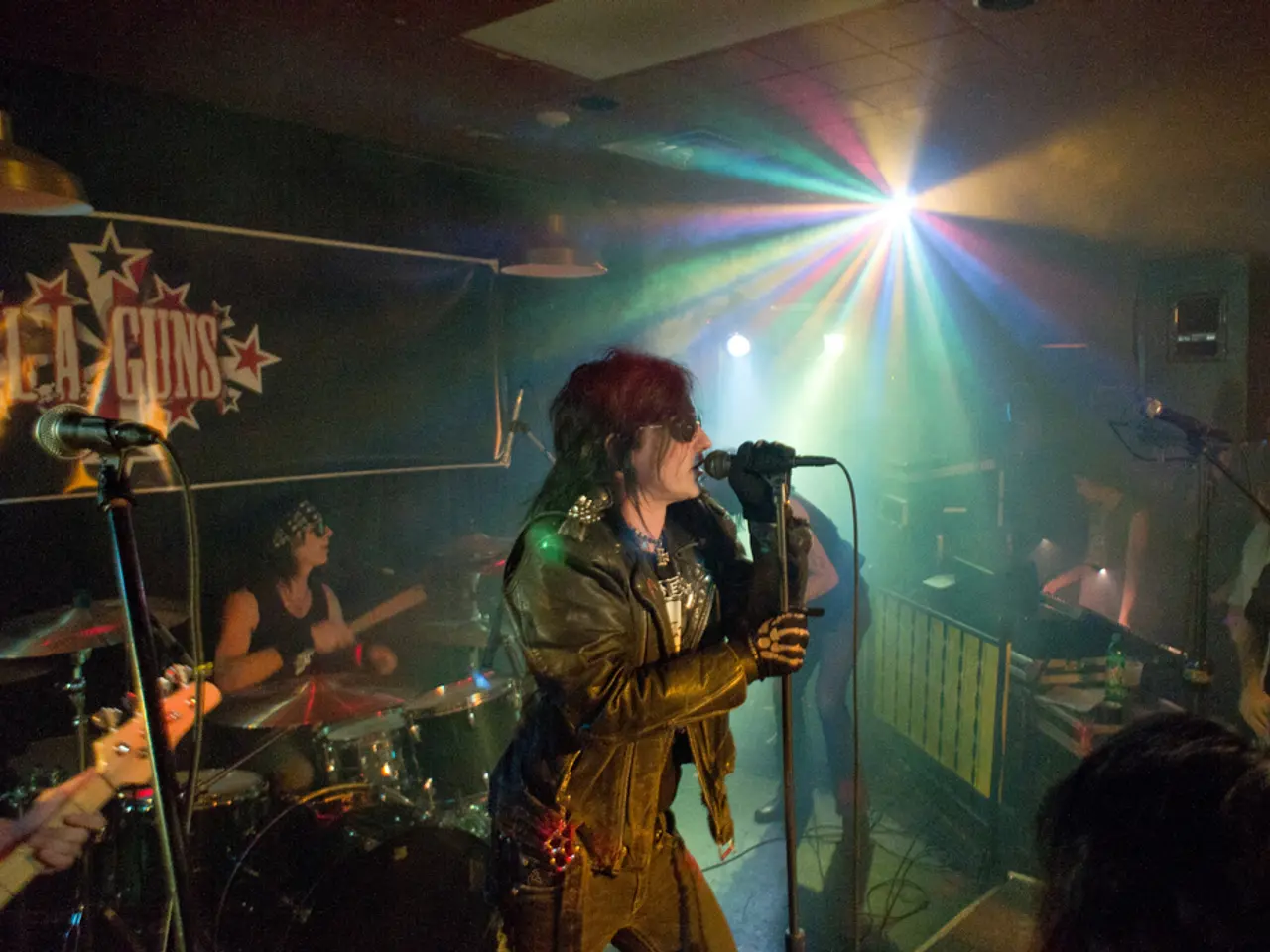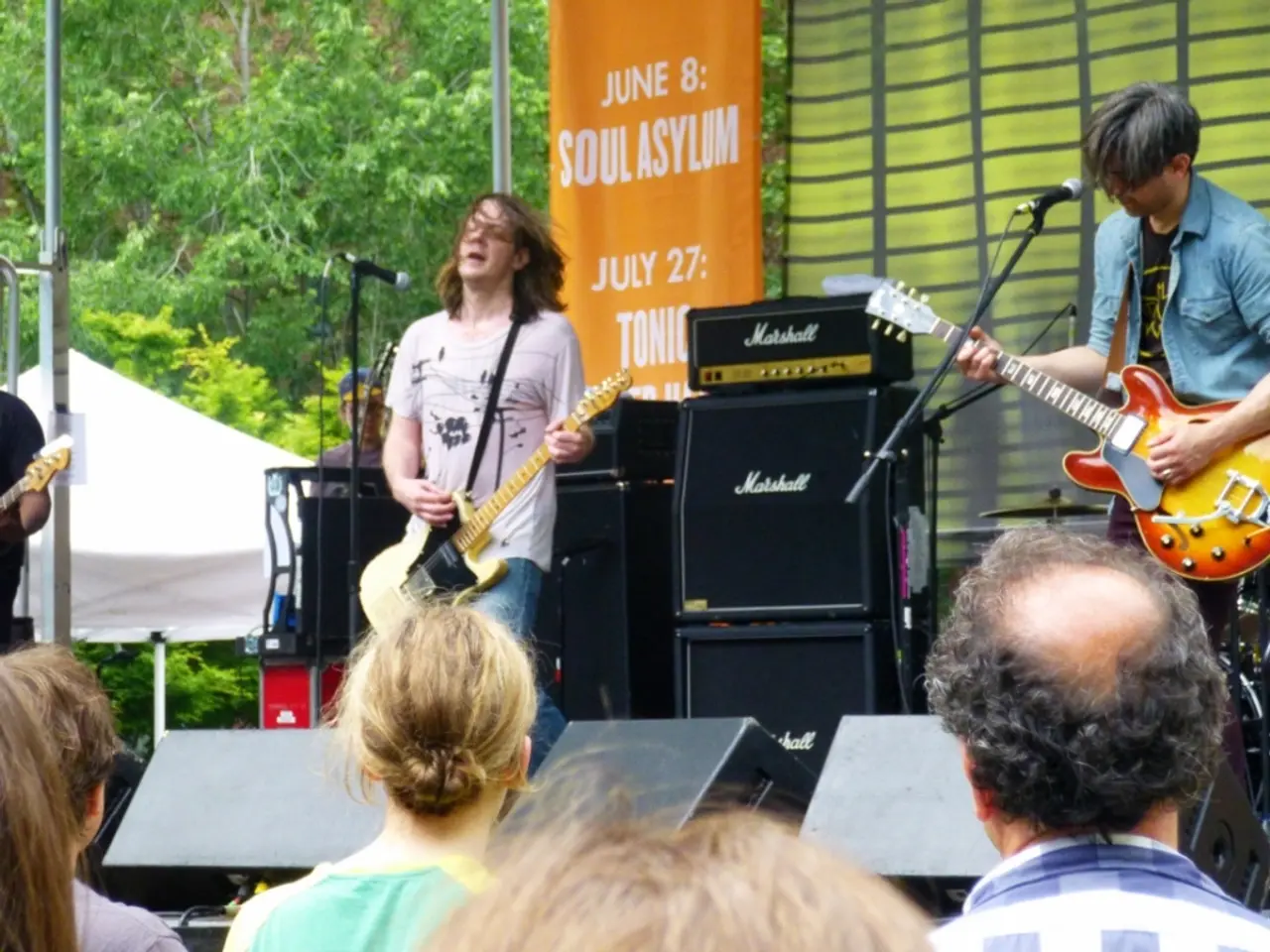Regional political party, SPD, to seize control of city governments in local elections, including Cologne. - SPD Aims to Secure Victory in District Cities and Cologne in Local Elections
In the upcoming municipal election in North Rhine-Westphalia on September 14, the Social Democratic Party (SPD) is gearing up for a significant contest, with key candidates vying for positions in Cologne and the Ruhr area.
**Cologne**
Torsten Burmester, the SPD’s candidate for mayor in Cologne, is poised to challenge for the city’s highest political office. The incumbent mayor, Henriette Reker (independent), has announced that she will not seek re-election, opening up a competitive race for Burmester and other contenders.
**Ruhr Area Towns**
The SPD is expected to field prominent candidates in Bochum, Gelsenkirchen, Herne, Dortmund, and Duisburg, as is customary in these cities known as the industrial heartland of Germany. For detailed information on the specific SPD candidates in each of these towns, consult local SPD organizations or official municipal election notifications.
The competition is particularly fierce in the Ruhr area, with the Alternative for Germany (AfD) posing a strong challenge. Jochen Ott, SPD state parliament faction leader, has emphasized the need for better heads and more trustworthy politics that understand and implement the concerns of the people. He warned that those who vote for the AfD don't get a fire brigade, they vote for arsonists.
**Statewide Expectations**
The SPD in North Rhine-Westphalia remains optimistic about the municipal election. According to the current "NRW Check" of the NRW daily newspapers, the SPD is expected to receive 22% in the election, which is 2.3 percentage points less than in the 2020 municipal election. The CDU could expect 32%, the Greens 14%, and the AfD also 14%.
Jochen Ott has expressed the importance of maintaining local democracy in the future and suggested setting incentives for professionals like roofers, teachers, or nurses to engage in municipal politics. He believes that people are more likely to vote for candidates who have high acceptance in their neighbourhood during municipal elections.
However, the demand for candidates for councils and county councils in the municipal election presents a significant challenge. Work in councils is time-consuming and often difficult to combine with professional activity and family life. The election results may be heavily influenced by the personalities of the candidates, making it crucial for the SPD to field strong, trustworthy candidates in each town.
As the election date approaches, the SPD, CDU, Greens, and AfD are all preparing for a hard-fought contest in North Rhine-Westphalia. The outcome of the election will shape the political landscape in the region for years to come.
- The community policy proposed by the SPD's candidates in Cologne and the Ruhr area towns emphasizes a strong focus on the environment, as they pledge to address environmental concerns within the city and industrial heartland, aligning with the growing demand for sustainable practices in politics.
- Amidst the upcoming municipal election in North Rhine-Westphalia, the discourse on policy-and-legislation, politics, and general news revolves around the importance of trustworthy leadership and understanding the environmental concerns of the people, as political parties strive to win the votes of concerned residents.

